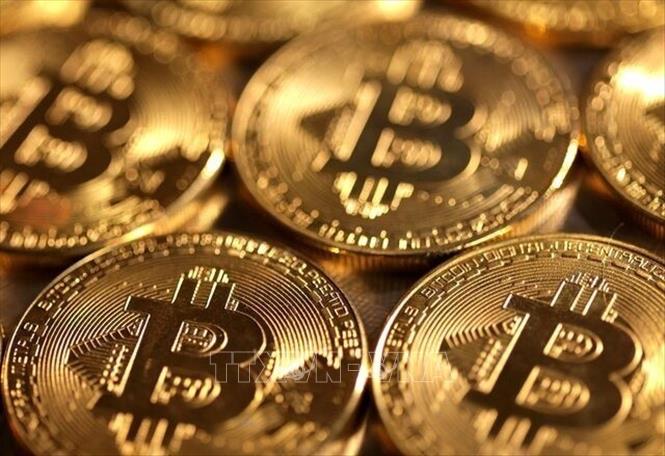
According to Nikkei Asia on November 8, Japan's three largest banks, Mitsubishi UFJ (MUFG), Sumitomo Mitsui and Mizuho Bank, will begin testing the issuance of yen-pegged stablecoins in November, marking a major step forward in Tokyo's efforts to build its own digital payment system amid the wave of USD-pegged stablecoins spreading globally. Stablecoins are cryptocurrencies designed to maintain stable prices by being tied to real assets such as fiat currencies or precious metals.
According to the announced plan, the three banks will jointly issue standardized, interchangeable stablecoins that can be used in corporate transactions. MUFG will manage the banks' deposits as escrow assets, while the technology platform will be operated by Progmat, a company backed by the three financial groups.
Stablecoins are cryptocurrencies pegged to fiat currencies or other assets, allowing for low-cost transfers without time or location restrictions. In Japan, stablecoins are required to be backed by government bonds or bank deposits.
In the pilot program, Mitsubishi Corporation will use stablecoins for cross-border payments between its domestic headquarters and overseas subsidiaries, aiming to reduce fees and administrative procedures. The group representative said the goal is to evaluate the convenience, growth potential of stablecoins as well as their applicability in corporate finance.
Experts say the collaboration between Japan’s three major banks could give a big boost to the popularity of stablecoins in the country. The three banks currently serve more than 300,000 large corporate clients, significantly expanding the scope of use of this type of digital asset.
Previously, fintech company JPYC released a stablecoin of the same name, pegged to the yen at a 1:1 ratio and had about 130 million coins in circulation by the end of October. Payment services using JPYC have also begun to appear, such as the Nudge platform that allows credit card payments using this currency.
Professor Junichi Shukuwa of Teikyo University said stablecoins offer greater convenience than domestic cryptocurrencies, which are not compatible with each other, and if they become popular among consumers, they will improve cash flow and support the economy . However, he noted that for corporate clients, banks still need to prepare carefully for issuance, including cooperation with external parties.
Despite government support, the initiative faces challenges in terms of anti-money laundering regulations and user identity verification. In addition, the three banks’ stablecoins have no plans to be swapped with foreign stablecoins.
Japan's plan comes as USD-pegged stablecoins account for more than 90% of the global market share. US President Donald Trump signed the GENIUS Act in July, setting a legal framework for stablecoins and boosting their circulation to about $300 billion, up 70% from the previous year.
According to the Bank for International Settlements (BIS), US stablecoin issuers have purchased about $40 billion in short-term bonds in 2024, exceeding the purchases of most countries. Tokyo is concerned that if USD-linked stablecoins become popular in the country, it could lead to a sell-off of yen and Japanese government bonds to buy safe-haven assets in USD.
Japan’s Financial Services Agency (FSA) is supporting the pilot program by sending experts in the fields of payments, blockchain, and international law, a strategic move to protect the role of the yen in the digital financial era.
Source: https://baotintuc.vn/thi-truong-tien-te/nhat-ban-thuc-day-phat-trien-dong-stablecoin-noi-dia-de-bao-ve-vai-tro-dong-yen-20251109094716356.htm



































































































![Dong Nai OCOP transition: [Article 3] Linking tourism with OCOP product consumption](https://vphoto.vietnam.vn/thumb/402x226/vietnam/resource/IMAGE/2025/11/10/1762739199309_1324-2740-7_n-162543_981.jpeg)













Comment (0)